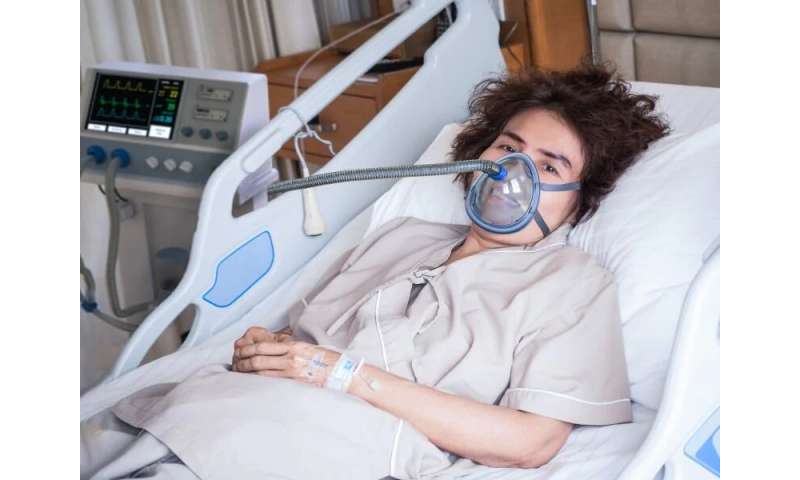
(HealthDay)—Adult patients with current or previous severe acute respiratory syndrome coronavirus 2 (SARS-CoV-2) can develop a hyperinflammatory syndrome, which resembles multisystem inflammatory syndrome in children (MIS-C), according to a case series published in the Oct. 2 early-release issue of the U.S. Centers for Disease Control and Prevention Morbidity and Mortality Weekly Report.
Sapna Bamrah Morris, M.D., from the CDC COVID-19 Response Team, and colleagues present reports of 27 patients with cardiovascular, gastrointestinal, dermatologic, and neurologic symptoms without severe respiratory illness who concurrently received positive test results for SARS-CoV-2.
The researchers highlight recognition of multisystem inflammatory syndrome in adults (MIS-A), which resembles MIS-C. The patients described had minimal respiratory symptoms, hypoxemia, or radiographic abnormalities. In case reports describing MIS-A, only eight of 16 patients had any documented respiratory symptoms before onset of MIS-A. All 16 patients had evidence of cardiac effects, 13 had gastrointestinal symptoms on admission, and five had dermatologic manifestations. Ten of the patients had pulmonary ground-glass opacities, and six had pleural effusions on chest imaging, despite minimal respiratory symptoms. Ten of the patients had positive SARS-CoV-2 polymerase chain reaction (PCR) test results at the time of initial assessment. Six had negative SARS-CoV-2 PCR results, but four had positive anti-SARS-CoV-2 antibody results and two had positive SARS-CoV-2 PCR test results between 14 and 37 days before admission.
“Clinical suspicion and indicated SARS-CoV-2 testing, including antibody testing, might be needed to recognize and treat adults with MIS-A. Further research is needed to understand the pathogenesis and long-term effects of this condition,” the authors write. “Ultimately, the recognition of MIS-A reinforces the need for prevention efforts to limit spread of SARS-CoV-2.”
Source: Read Full Article